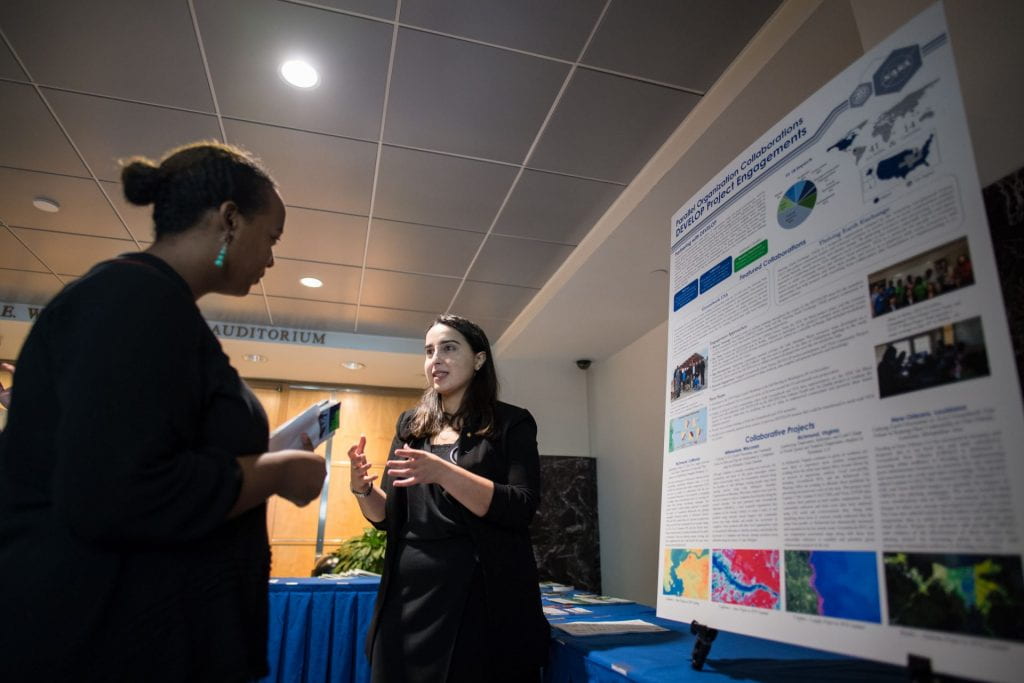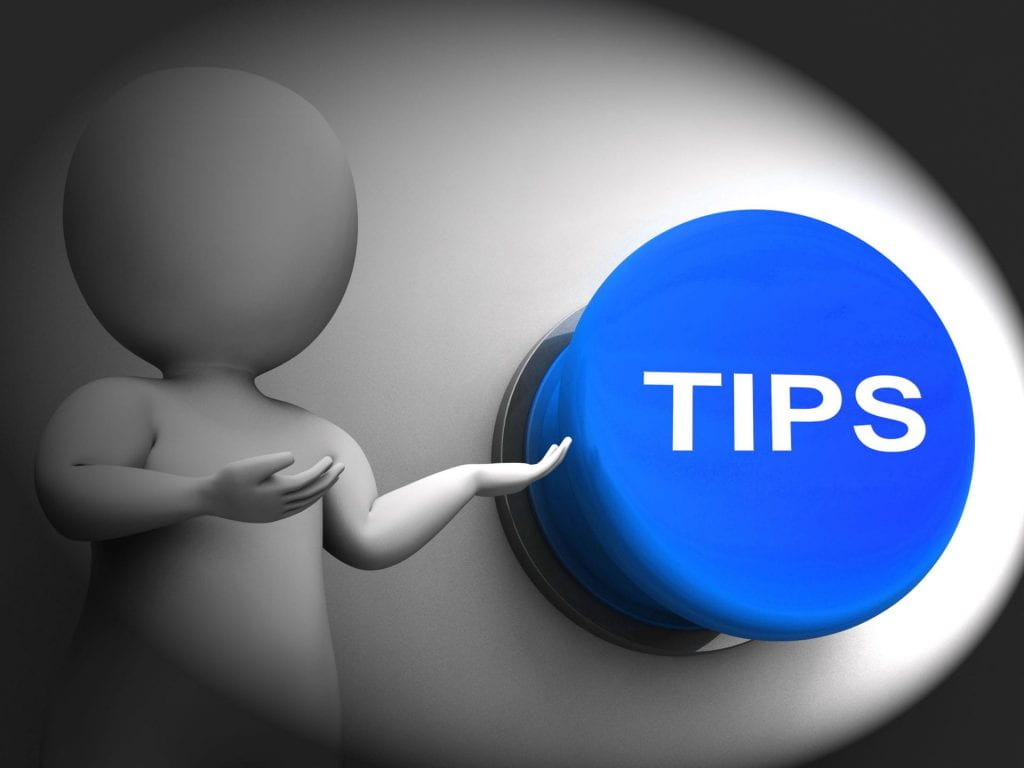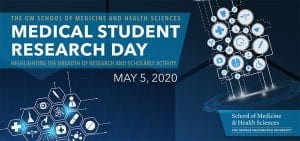
With the GW Research Showcase (April 11th-14th) and the SMHS Medical Student Research Day (April 28th) just around the corner, it’s time to put the final touches on your poster! Himmelfarb Library can help! Our GW Research Day Resources Guide is filled with helpful resources that can help you make your poster stand out.
The Creating Effective Posters page has poster templates, official GW logos, and official GW color palette to help you stay consistent with GW’s brand. Are you creating your poster using PowerPoint? Watch Barbara McGowan’s video (below) on Designing an Effective Poster Using PowerPoint for tips on size, color selection, font choices, and content choices including using graphs, charts, and photographs.
Check out the Poster Design and Layout tab for helpful tips on choosing fonts, resizing images and getting posters printed. When it comes to fonts, keep it simple and choose standard fonts like Times New Roman or Arial. Images should be 300 dpi JPEG files or full-size PDF files. If you need to resize an image, be sure to keep the proper proportions so the image isn’t distorted and “squishy” looking. For more tips on Optimizing Your Post Design and Layout, watch a recorded session led by Barbara McGowan and Himmelfarb’s own Catherine Sluder (access is restricted to members of the GW community).
Want to know more about what judges are looking for in poster presentations? We have videos that cover that too! Learn how to impress the judges by watching the How to Present Your Poster and Wow the Judges video (access is restricted to members of the GW community). Learn more about Giving Effective Poster Presentations and Poster Presentation Practice and Feedback in these videos.
Once your poster is finished, don’t forget to archive your poster in the Health Sciences Research Commons (HSRC), Himmelfarb’s institutional repository! You can view posters from past years in the HSRC if you need some inspiration or just want to see examples of past posters. To find out more or to submit your poster to the HSRC, contact Sara Hoover at shoover@gwu.edu.
All of us here at Himmelfarb Library wish you the best of luck at GW Research Showcase and SMHS Medical Student Research Day!



